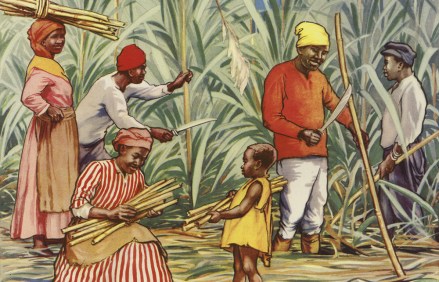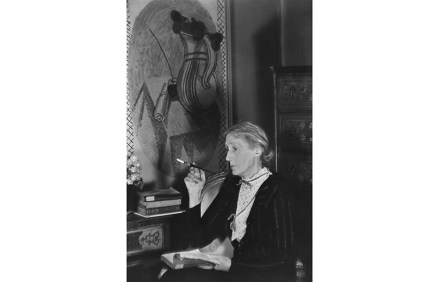Downhill all the way: the decline of the British Empire after 1923
The British Empire, the East African Chronicle wrote in 1921, was a ‘wonderful conglomeration of races and creeds and nations’. It offered ‘the only solution to the great problem of mankind – the problem of brotherhood. If the British Empire fails, then all else fails.’ Stirring words – and not those of some sentimental Colonel Blimp back in London. They were written by the newspaper’s editor, Manilal A. Desai, a young Nairobi-based lawyer and a prominent figure in the large Indian community in Kenya. But, as Matthew Parker observes in One Fine Day, an ambitious account of the empire at the moment of its territorial zenith on 29 September 1923,



